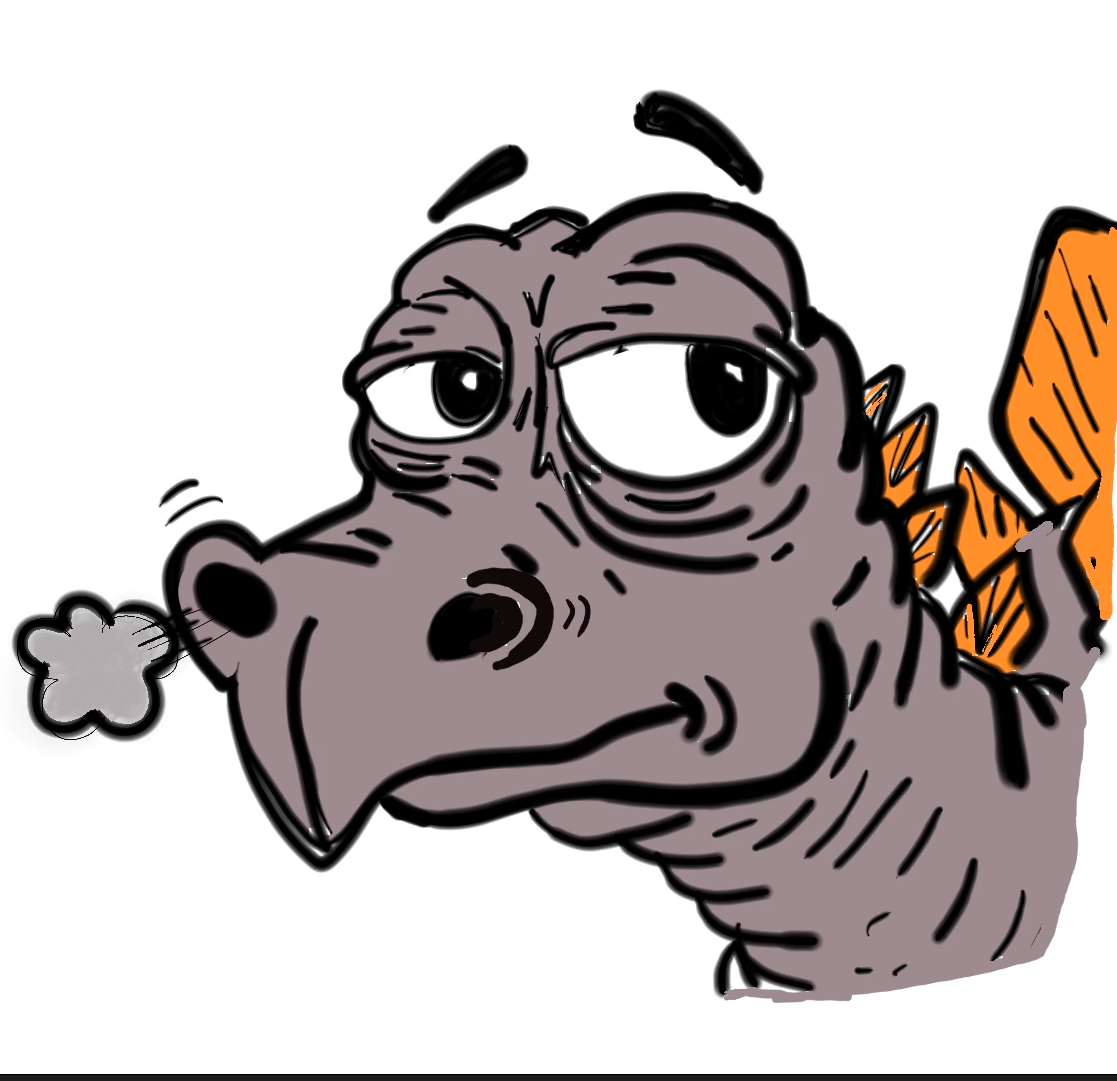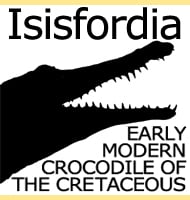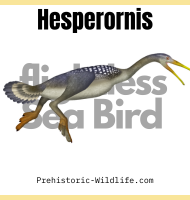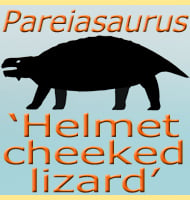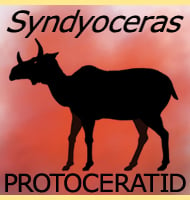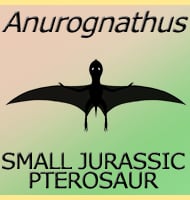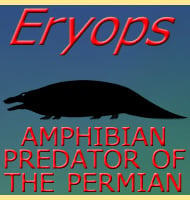In Depth
Eocetus was first named by Eberhard Fraas in 1904, but at first as Mesocetus schweinfurthi. It soon came to the attention of Fraas however that the name Mesocetus was already in use, so he instead created the genus name Eocetus for his specimen. Known as a protocetid whale, and hence relative to genera such as Protocetus, Eocetus represents an early form of predatory whale that became common during the Eocene. The type species E. schweinfurthi is so far only known from a skull from Egypt. Two vertebrae once attributed to the type species by Fraas are now credited as belonging to Basilosaurus. Two further vertebrae added by Ernst Stromer have since disappeared, and only diagrams of these vertebrae remain.
In 1999 Mark Uhen created a new species of Eocetus named E. wardii (after the discoverer of the fossils Lauck Ward). This was the first set of remains to include more complete post cranial remains along with elements of the skull. E. wardii has been somewhat controversial because it was named from fossils discovered in North America, a considerable distance away from Egypt. The concern here is that the protocetid whales have been considered by some to have had a limited aquatic ability and possibly could not travel great distances. Another concern is that the identification of the new species vertebrae as Eocetus was based upon the drawings of vertebrae added to the type species by Ernst Stromer, the originals of which are now missing.
The physical features of protocetid whales however indicate that they were much better adapted to life in the ocean than on land, and it’s a reasonable conclusion that already by this early stage in their development, they spent most if not all of their time in the water. It also needs to be appreciated that an ocean is not the same barrier to a swimming creature as it is for a land based creature. As long as there is available food, and water temperature is within tolerable levels, there really is no limit to how far an aquatic animal can go in a body of water.
The presence of possible Eocetus remains from the Ukraine and Germany also hints that Eocetus were swimming in the waters between Africa and Europe, which were more widely separated during the Eocene to what they are today, as well as around to what is now the North Sea. Also for the sake of argument, Eocetus would not have to cross the total expanse of the Atlantic Ocean, they could have just as easily followed the coastlines of Europe around to what is now the British Isles and Scandinavia across to Greenland and to North America.
Further Reading
- Neue Zeuglodonten aus dem unteren Mitteleoc�n vom Mokattam bei Cairo - Geologische und Pal�ontologische Abhandlungen (Jena: Verlag Gustav Fischer) 6 (3): 199–220. Eberhard Fraas - 1904a. - Neue Zeuglodonten aus dem unteren Mitteleoc�n vom Mokattam bei Cairo - Geologische Zentralblatt (Leipzig) 5: 374. - Eberhard Fraas - 1904b. - New Species of Protocetid Archaeocete Whale, Eocetus wardii (Mammalia: Cetacea) from the Middle Eocene of North Carolina - Journal of Paleontology Vol. 73, No. 3 (May, 1999), pp. 512-528 - M. D. Uhen - 1999. - First record of the aracheocete whale family Protocetidae from Europe - Fossil Record 11 (2): 57–60. - Mark D. Uhen & Hans-J�rgen Berndt - 2008. - An Occurrence of the Protocetid Whale “Eocetus” wardii in the Middle Eocene Piney Point Formation of Virginia - Journal of Paleontology 85 (2): 271–278. - Robert E. Weems, Lucy E. Edwards, Jason E. Osborne & Aaron A. Alford - 2011. - New records of “Eocetus” sp. (Mammalia: Сetacea) from the Eocene of Ukraine - Ukrainian Geologist Journal 3 (39): 104 - P. Goldin, E. Zvonok & T. Krakhmalnaya - 2012.
